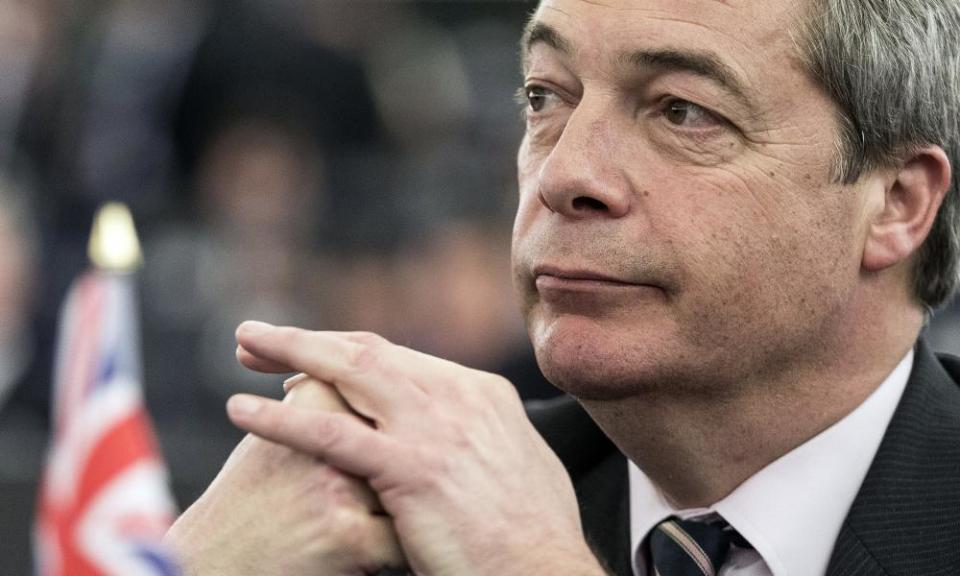The Guardian view on terror in London: standing together against cynicism | Editorial

Theresa May has had a torrid political March on several fronts, but she has a valuable gift for calm and a knack of catching the public mood at moments like the aftermath of the attack on Wednesday afternoon in central London. In a statement to MPs today, Mrs May successfully combined dignity with emotion as she paid tribute to the police officer PC Keith Palmer, who was killed protecting parliament by the man later named as Khalid Masood. She maintained a proportionate and reasoned tone as she discussed the details of the emergency and the fast and courageous response to it. Masood’s hired 4x4, in its murderous career across Westminster Bridge, killed a tourist and a teacher and one other who has not yet been named. It injured up to 40 others.
Every MP who spoke in the Commons caught the prime minister’s mood. All were at pains to emphasise the need for solidarity. All took care to distinguish between the overwhelming majority of British Muslims and the handful of individuals inspired by Islamic State and similar groups who have been responsible for most of the recent terror attacks and plots in Europe (but not all: Jo Cox’s murderer was a white supremacist).
It was notable that the prime minister also resisted the temptation to reach for new legislation. There was no talk of extra powers for the security services. But in the wings is a plan, dating from her time as home secretary, for a strengthened version of the counter-terror Prevent strategy. Prevent was introduced four years ago in a bid to identify and tackle radicalism; more than 8,000 people have been referred for possible inclusion in the programme. But it is distrusted in Muslim communities and has been criticised by both the Commons home affairs committee and David Anderson, the former independent reviewer of terrorism legislation, who fear it is regarded as a spying programme. They want it redirected towards community engagement.
Away from Westminster, there was an exception to the attempt to return to business as usual. In total disregard of their ignorance of the facts at the time, the Ukip leader Paul Nuttall and his predecessor, Nigel Farage, renewed their baseless and disgraceful campaign to drive a wedge between Muslims and non-Muslims in Britain.
Only hours after the attack, Mr Farage took to US television to bind the terror attack with immigration policy. He recycled an old Daily Mail story about Labour “sending out search parties” for migrant workers. He asserted that there was an undefined “fifth column” at work in Europe which was the result of uncontrolled immigration. He claimed the attack justified Donald Trump’s attempts to ban Muslims from some Middle Eastern countries.
What Mr Farage said was quite unconnected with reality. But he has added a little more alloy to the coin of political debate. His rush to blame multiculturalism contributes to an atmosphere where some feel licensed to express hatred – witness the vicious social media spat over an apparently frightened young woman in a hijab looking the other way as she walked by one of the injured. Some of what he said has been picked up and given prominence in mainstream media.
The inconvenient truth for these cynics is that Masood was born and grew up here, and although he had convictions for violence as a young man it appears he was not considered a risk by the security services. Experts believe even Isis, which now claims him as a soldier of Islam, did not know the attack was coming. The best chance of detecting such threats is likely to be from sources within the Muslim community. That surely means promoting engagement, not surveillance.

 Yahoo News
Yahoo News 